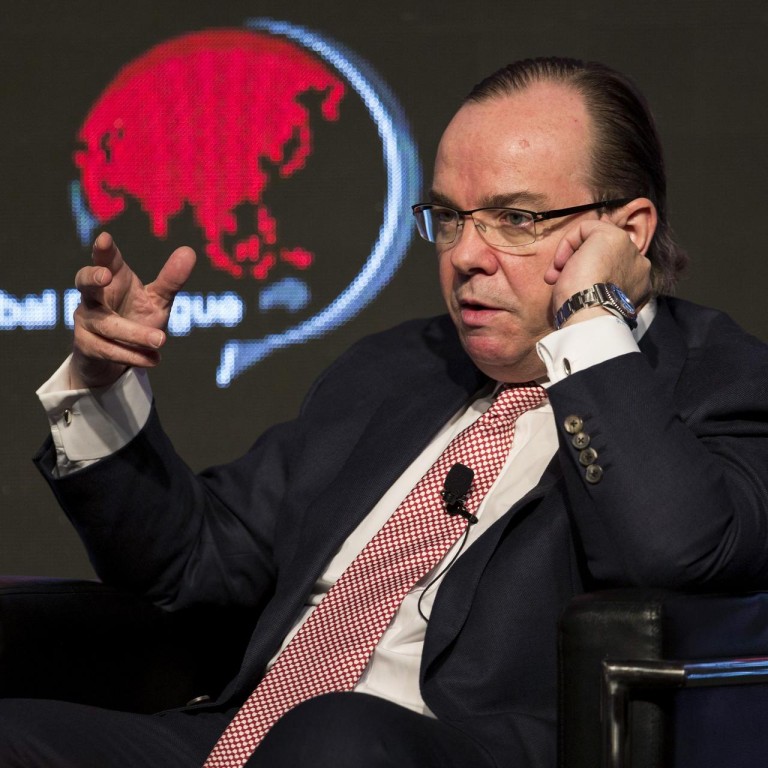
Number of global banks cut after crisis
Increased regulation in wake of 2008 financial disaster results in more lenders shying from maintaining world presence, says HSBC chief
The head of banking giant HSBC says only a few banks have attempted to maintain a global presence in the wake of 2008's financial crisis because of increased regulation.
"Only a handful of global banks remained to deal with companies which are growing globally," chief executive Stuart Gulliver told a forum yesterday.
That was in a stark contrast to the 20 to 30 banks operating globally in 2006, he said.
Gulliver's comments came a day after the European Union's antitrust watchdog fined six financial institutions, including Citigroup, Deutsche Bank and Royal Bank of Scotland, a record total of €1.71 billion (HK$18 billion) for rigging financial benchmarks, including the interbank offered rates in London, the euro area and Tokyo.
HSBC, which is still under investigation by the European Commission, has promised to defend itself vigorously in the case.
Gulliver said tightened regulatory requirements on banking were harming Asia's economy.
While banks were becoming less globalised, companies were continuing to grow into multinational firms but found themselves having to deal with domestic or regional banks, he said.
Asian banks, at the same time, also had to fulfil Basel committee requirements in order to comply with international standards.
"A single framework for banks across the globe does not suit the Asian banks, which generally have conservative funding sources and capital positions," Gulliver said.
Hong Kong and the rest of the Asia-Pacific region make a significant contribution to HSBC's profits following a slowdown in its business in North America and Europe, due largely to the region's contrasting economic fortunes.
Gulliver said Asian banks had to reserve more capital and might have to issue bonds to meet regulatory requirements.
Rather than lending to firms and spurring economic growth, banks' focus on their own capital requirements could reduce the economy's supply of credit.
Regulatory uncertainty and pending Basel III rules could have unintended impacts on the economy, he said, adding that as regulatory requirements increased, the banking sector would have to reprice its services and wealth management fees.
Victor Fung Kwok-king, the founding chairman of the forum's organiser, Fung Global Institute, said Asia needed to "rethink traditional approaches to growth, employment and sustainability, given the combined impact of rebalancing, changing demographics, urbanisation and environmental stresses".
Fung is also the honorary chairman of global sourcing company Li & Fung.
